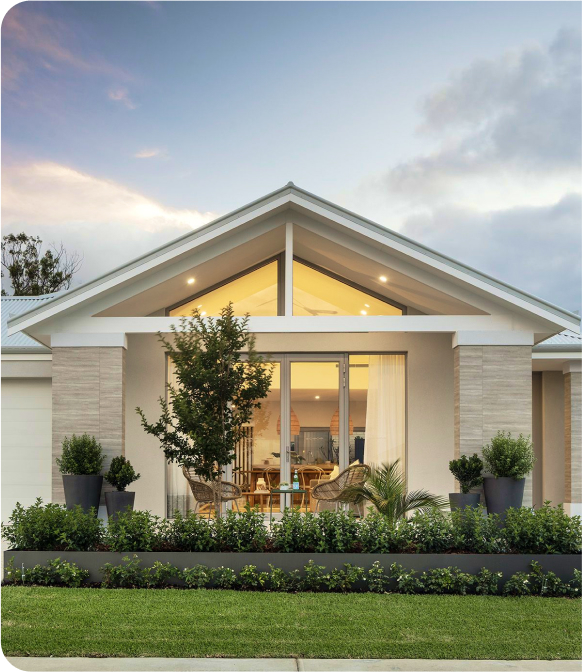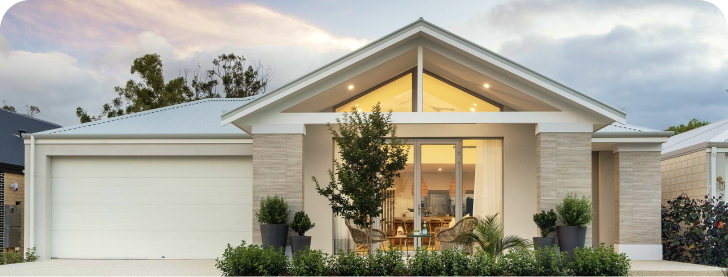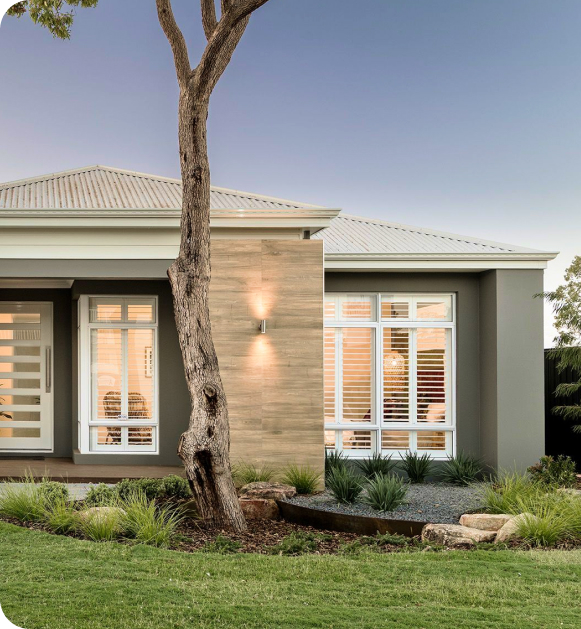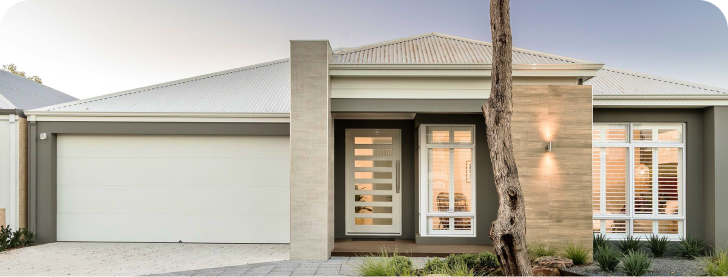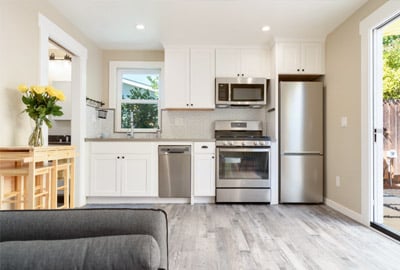
Accessory dwelling units are extremely affordable housing options that allow you to increase living space in the shortest possible time, bring the quality of life to a new level, make your site more aesthetically attractive, and also transfer elderly parents to comfortable conditions. Among all the benefits, the opportunity to receive additional income stands out if you decide to rent out your ADU.
On par with this, the use of ADU as a rental property implies many responsible steps, among which property management specialists highlight the building of trusting, strong, and positive relationships with tenants. Not all ADU owners manage to do this, but only until they read our review.
Today we will talk about the most effective strategies for building good relationships between landlord and renter, discuss which factors to avoid in this matter, and discuss how well-established communication will permit you to get a long-term tenant for a lasting agreement.
Effective communication is the key to success in any business, whether it is the relationship between coach and athlete, academic supervisor and student, or landlord and tenant. The quality of communication that develops between people has an impact on the duration of the lease contract, the level of respect, self-satisfaction, and reputation, which is important both for the property owner, who will continue to lease ADU in the future, and for the applicant, who receives feedback from previous landlords in his databases.
To achieve efficiency in communication, many ADU owners resort to reading books by famous psychologists or mentors. However, everything is much simpler. Here are some tips to help you build a trusting relationship with your tenants:
The worst thing that property owners can do after signing a rental agreement is to stop contact. During the first well in a living space, tenants may have various questions about residential use. In resolving these issues, only the landlord can help them; however, if he does not get in touch, it can alert the renter and scare him away, which will have a very negative impact on future interactions. Be always open to dialogue, help your tenants get comfortable, and provide them with all possible support.
If there are tenants in your accessory dwelling unit, then you still remain the owner of the property. However, you can no longer come without notification as to your primary home. This will violate the personal boundaries of tenants, embarrass and annoy them. In order not to catch people off guard and not cause awkward situations, notify them in advance of your arrival if you need to repair storage areas or take numbers from meters.
In everyday life, there are many unexpected problems that may be beyond the control of a person, and because of such circumstances, different difficulties with tenants may arise, e.g., most often, it is a delay in payment or furniture breakage. The most important thing in this situation is not to spoil the relationship, and also, you can try to get into the position of a person who maybe needs to urgently pay for the operation on a loved one. At such moments, you can give your tenant time and wait a little, especially if the individual is polite to you. However, if such cases repeat often and for no apparent reason, while the tenant is rude to you, then you can contact the property management company, the court, or the police.
On the whole, these simple rules will help you build a trusting and respectful relationship with tenants, as well as create a basis for long-term cooperation instead of short-term rentals.
Another factor that will help you maintain a relationship with the tenant is well-established communication, especially in emergency situations. This point is directly related to the interests of homeowners because if there is a household accident in your ADU, then to minimize damage, the renter needs to contact you as soon as possible.
The following tips will help you achieve this:
A well-established connection between landlord and tenant is a big step in creating a strong and mutually beneficial relationship that can last for many years, which means you will have a stable additional income.
The clean and cozy atmosphere in both the main house and ADU contributes to the rapprochement of landlord and tenant, so if you have a maid or a gardener who looks after the order, lawn, and aesthetics of the yard, then do not divide the same lot into two parts when settling in. If your tenant sees that you maintain cleanliness and create better conditions, then they will treat you with even more respect.
The same goes for security. Almost every property owner resorts to using the principles of universal design in a primary residence, so what prevents you from doing the same with a backyard home or granny flat, especially if your tenants have small children? A few tricks, such as laying a non-slip floor or rounding off the sharp ends of furniture, will help strengthen the relationship.
The stage of signing a contract with the future tenants of your ADU is both the most crucial moment and the last frontier at which you can negotiate all the conditions. After you leave your paintings, the contract comes into force, and you can cancel it only in court. In this regard, discuss all the points with the residents, and clarify everything that does not seem completely clear, for example, the size of the security deposit. If there are significant doubts about some aspects, then the settlement of tenants should be postponed, and you will have time to once again check credit information and their past.
Short-term rentals are the most common form of using ADU; however, almost all homeowners dream of a more stable passive income and hence a long-term contract. Finding such tenants can take too much time, so from the very first days, you can provide various incentives.
The most effective examples include:
In addition, ADUs provide many opportunities for the joint use of residential space and household tools. You can also offer this to your tenants; however, more on that later.
There are also many everyday ways to express respect to tenants for renting your accessory living unit. For example, a landlord can invite a tenant to a Saturday dinner or a fishing leisure time if there is a river or lake nearby, share a piece of cake if you have a holiday, and also offer help if you see that your tenant needs it. All these are small things. However, they are the key to maintaining a good relationship.
ADU is a very affordable housing option that is not subject to a large property tax; however, the most important thing is that it is a customized building, so property owners regularly supplement it with some functions. Some of them you can share with your tenants, which also has a very positive effect on the creation of strong and even friendly relations.
Here are some of them:
All these steps are very easy to implement; however, like the points described above, they can contribute to the fact that soon residents will want to stay in your ADU on a permanent basis and re-sign a short-term rental agreement for a longer one.
Very often, the responsibilities of the administration of rental property are assumed by specialists from the property management company. They help in the selection of potential tenants, make up a rental agreement according to the laws, and are also a kind of mediator in negotiations and interaction between the property owner and the applicant. Such masters have a professional business license; they can easily settle most disputes and therefore are in very high demand among homeowners. However, in cooperation with such firms, it is necessary to follow several rules in order not to spoil relations with tenants.
Firstly, be transparent and do not try to act contrary to the interests of your renters because when this becomes known, the relationship will be forever spoiled. Secondly, adhere to the policy of open communication. Do not avoid communicating with the property manager because he can bring you important news and also discuss all questions about the rental unit in as much detail as possible so as not to miss anything important. Finally, stick to the business style of communication with professionals because they value mutual respect above all.
Every living space, whether it is an attached or detached accessory housing unit, needs regular updates. For this reason, once a month or once every three months, ask your tenant about the moments that worry him and which he or she would like to improve to make life in ADU more comfortable. In most cases, these are small changes, such as changing the handle on the window or installing anti-slip stickers on furniture. However, this is again a sign of respect and care that can encourage tenants to stay in your ADU for a longer time.
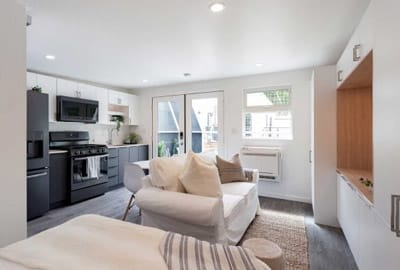
Once again, it is very important to talk about the moment with personal boundaries because a huge number of property owners enter the ADU addition, where tenants reside, as if to their homes. It is clear that you are the owner. However, privacy is a banal respect that everyone appreciates. In addition, do not forget to also comply with Federal Fair Housing laws; however, do not think that all people are honest, so a criminal and credit report request will also not be excessive.
Receiving rental income on a permanent basis opens up unlimited opportunities for you, the most attractive of which is to obtain funds for mortgage payments, increase vacation funds, and formation of retirement savings; and also, with this money, you can pay property taxes and not only.
To find potential tenants, you need to take several steps. First, request a criminal and credit report to find out about the background of the applicant. Also, study the history of his evictions and reviews from previous landlords. Finally, conduct a short interview to discuss some hidden points, for example, in what shares you will pay utility bills.
Potentially all types of ADUs, whether these are detached units, granny flats, garage conversions, or buildings that are attached to the main house, can be used for short-term rental use. However, it will be a great idea to visit the city's planning department and clarify the wording of local ordinances.
